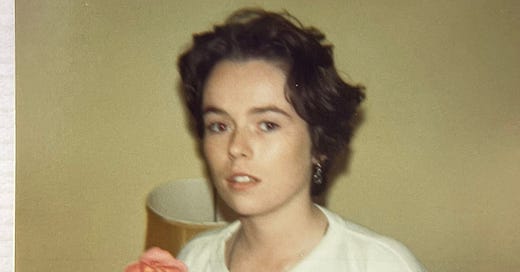My book, Some of Our Parts: Why We Are More Than the Labels We Live By is out now! If you’d like to order the hardback, audio or Kindle editions, they’re linked below.
Keep reading with a 7-day free trial
Subscribe to Peak Notions with Laura Kennedy to keep reading this post and get 7 days of free access to the full post archives.




